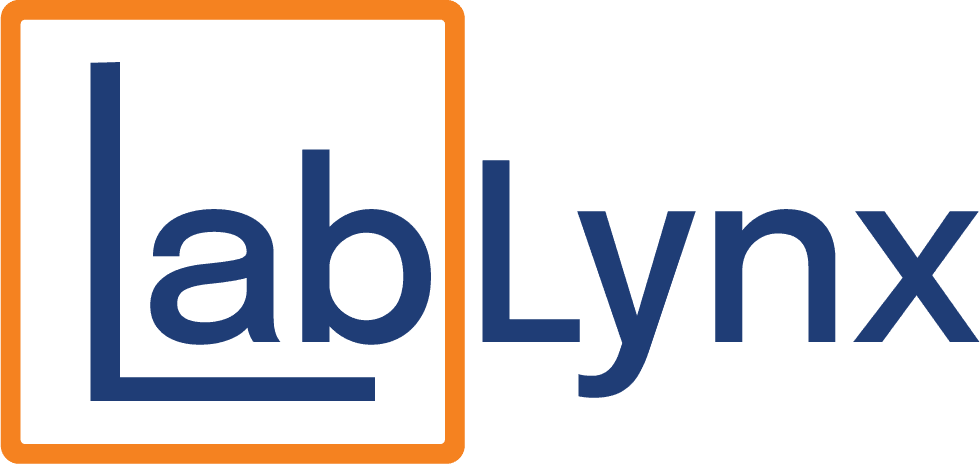
In today’s digital age, laboratories are undergoing a profound transformation, fueled by technological advancements and the need for streamlined data management. As a result, Laboratory Informatics—the intersection of science, technology, and data—has emerged as a rewarding career path for science majors. If you have a background in biology, chemistry, physics, or any other scientific discipline, and you’re intrigued by the idea of working at the nexus of science and technology, lab informatics might be your perfect match.
In this article, we’ll explore the world of lab informatics, why it’s a growing field, the skills you need to succeed, and how to strategically position yourself for a fulfilling career in this innovative industry.
What Is Laboratory Informatics?
Laboratory informatics involves the use of software solutions to manage and analyze laboratory data effectively. Tools such as Laboratory Information Management Systems (LIMS), Electronic Laboratory Notebooks (ELNs), and other specialized platforms are at the heart of this discipline. These systems help labs automate workflows, ensure compliance with regulations, and improve data accuracy—all while supporting scientific innovation.
Why Is Lab Informatics a Growing Field?
- Data Explosion in Science: Modern laboratories generate massive amounts of data from experiments, instruments, and tests. Managing this data efficiently has become critical for research accuracy and regulatory compliance.
- Demand for Automation: From clinical laboratories to environmental testing facilities, labs are looking to replace manual processes with automation, creating opportunities for professionals skilled in both science and informatics.
- Cross-Disciplinary Opportunities: Lab informatics offers unique roles that combine knowledge of science, data analytics, and IT, making it an exciting option for science majors.
- Lucrative Career Potential: With businesses prioritizing efficient data management and innovation, skilled lab informatics professionals are in high demand and often command competitive salaries.
Skills That Science Majors Bring to Lab Informatics
Science majors possess a foundational understanding of laboratory workflows and scientific processes, which is invaluable in the lab informatics space. Here’s how your background can serve as a springboard:
- Critical Thinking: Science teaches you to analyze problems systematically, a skill crucial for implementing and troubleshooting informatics solutions.
- Attention to Detail: Accuracy and precision are second nature for science students, aligning perfectly with the requirements of data management.
- Understanding of Lab Protocols: Familiarity with instruments, testing procedures, and data reporting provides context for designing or managing informatics systems.
- Team Collaboration: Science students often work in group projects or research teams, a transferable skill for cross-functional collaboration in lab informatics.
Essential Skills to Develop for a Career in Lab Informatics
To thrive in lab informatics, science majors need to enhance their technical skills to complement their scientific expertise. Here are the key areas to focus on:
- Basic Coding Knowledge: Learn programming languages like Python, R, or SQL. These are often used for data analysis, automation, and creating custom solutions.
- Software Proficiency: Familiarize yourself with LIMS, ELNs, and other laboratory management platforms. Understanding these tools is critical for navigating the field.
- Data Analytics and Visualization: Gain skills in statistical analysis, machine learning, or data visualization tools like Tableau to make sense of complex datasets.
- Regulatory Knowledge: Labs must adhere to strict regulations (e.g., HIPAA, FDA, ISO standards). Understanding compliance requirements is a valuable asset.
- Communication Skills: The ability to explain technical concepts to non-technical stakeholders will set you apart as an effective lab informatics professional.
Steps to Build a Career in Lab Informatics
- Research the Field: Begin by understanding the scope of lab informatics, from roles and responsibilities to the types of organizations that employ lab informatics professionals.
- Pursue Relevant Education: While a degree in a scientific discipline provides a strong foundation, consider taking additional coursework or certifications in data science, bioinformatics, or IT.
- Internships and Networking: Seek internships in labs or companies using informatics solutions. Networking with professionals in the industry can also open doors to opportunities.
- Learn from Real-World Applications: Explore case studies, webinars, or workshops that showcase how informatics is transforming labs in your area of interest.
- Stay Updated: Lab informatics is a rapidly evolving field. Stay informed about emerging technologies like artificial intelligence, blockchain, and IoT as they pertain to lab data management.
Career Opportunities in Lab Informatics
Lab informatics opens the door to diverse roles across industries. Here are a few career paths to consider:
- LIMS Administrator: Oversee the deployment, configuration, and maintenance of laboratory information management systems.
- Informatics Consultant: Help labs choose and implement the best informatics solutions for their needs.
- Bioinformatics Specialist: Analyze biological data using computational tools, often working in healthcare or biotech.
- Data Analyst/Scientist: Focus on interpreting and visualizing lab data to drive decision-making.
- Regulatory Compliance Specialist: Ensure that lab informatics systems meet regulatory and quality standards.
Real-Life Success Story: From Science Major to Lab Informatics Expert
Consider Sarah, a biology graduate who started as a lab technician but found her passion in solving data bottlenecks. She pursued certifications in Python and LIMS administration, eventually landing a role as a Lab Informatics Specialist. Today, Sarah works with pharmaceutical companies, helping them streamline their research and development processes through innovative informatics solutions.
Conclusion
For science majors, lab informatics represents an exciting opportunity to leverage your scientific expertise in a cutting-edge, tech-driven field. By building technical skills, gaining hands-on experience, and staying curious, you can position yourself as a leader in this rapidly growing industry.
Whether you aspire to improve laboratory workflows, advance scientific research, or contribute to healthcare innovation, a career in lab informatics offers a fulfilling path where science and technology converge.
Ready to explore a career in lab informatics? Start your journey with LabLynx, where innovative solutions and career-building opportunities come together.




